The Inheritance, Led By Kyle Soller, Is Instant Canon
As star of Matthew Lopez’s LGBTQ-themed epic, Soller helps (re)write history.

Starting this Sunday on Broadway, “The Inheritance” will point a panoramic lens at queer history. The two-part, six-plus-hour play opens on a dozen or so young men, their fixed repose signifying no particular time period. But as the dialogue unfolds, an impression of contemporary LGBTQ prosperity emerges, as anchored by protagonist Eric Glass, played by Kyle Soller. With his good looks, good-looking partner, attentive friends and rent-controlled, Upper West Side apartment, Glass is a perfect microcosm of queer life today.
But these comforts come with strings attached: they are tied directly or indirectly to the sacrifices of earlier queer generations who loom large both as subtext and in the human form of dead queer writer E. M. Forster. Forster, played by Paul Hilton, is an atemporal, nearly-constant presence in the metaphysical universe of the show, spectating and commentating on its action. Moreover, the real Forster wrote the classic novel on which “The Inheritance” is loosely based, Howards End.
Glass, the modern stand-in for Howards End protagonist Margaret Schlegel, finds himself caught in the push-and-pull of social progress. While he partakes in the upward mobility afforded by strides in LGBT+ rights, he also acknowledges his marginalized predecessors, at times interacting with Forster, who goes by the alter ego “Morgan” for much of Part One.
In taking up the mantle of less self-actualized queer writers like Forster, who died closeted in 1970, playwright Matthew Lopez is also in dialogue with previous generations. This feedback loop is especially resonant in the context of New York City, where the AIDS crisis took root, and where, in 2008, Lopez first came up with his concept—to reboot Forster’s best-known work with gay men standing in for Schlegel’s upperclass milieu. A decade later, the show opened at the Young Vic in London, and subsequently scooped up four Olivier Awards, including Best Actor for Soller.
But as the Soller notes, “The Inheritance” simply hits different on Broadway. “Being in New York, it just feels so much bigger, and much more alive,” says the Connecticut native, who is among a handful that followed the show from the West End to the Ethel Barrymore Theater this fall. “[From the beginning] it was a total commitment to the entirety of the play,” he says. “The natural conclusion was that it would come to [New York].” In addition to Soller, Hilton, and director Stephen Daldry, London-company holdovers include Andrew Burnap as Glass’s boyfriend, Sam Levine as a sharp-tongued Millennial love interest, and John Benjamin Hickey as a stalwart AIDS-era survivor. “None of us could leave this play,” adds Soller. “It feels like a once-in-a-lifetime thing. I felt that from my first time reading it.”
A London resident since attending RADA in his early twenties, Soller, now a lithe 36, was an early contender to play the guileless Glass. While not queer himself, Soller’s varied passages—from dinner theater in suburban U.S., to heavyweight productions like Eugene O’Neill’s “Long Day’s Journey Into Night” in the U.K.—have informed a tenderness for queer-identifying forebears. “I certainly [feel] very blessed to have known [various members of] the gay community. People who survived the crisis years, whether they were drama teachers or mentors who looked after me growing up in community theater.”
But Soller admits that, despite doggedly pursuing the role of Glass—inhaling a 400-page draft after receiving it the night before his first meeting with Lopez—he didn’t exactly know what he was getting into. “Once you start to digging beneath the surface of [widely represented] queer history, you go, Oh my fucking God. I actually have no idea the extent [to which] queer history has been sidelined from the mainstream.”
Indeed, there was no handbook for shouldering Lopez’s sweeping project, whose mix of comedy-of-manners precision and gut-punching pathos feels culturally unprecedented. Before settling on Soller as his lead, Lopez himself offered a disclaimer. “When we met to chat about the role, I think there was a question mark. Like, will this be physically possible? Will it be dramatically possible?” recalls Soller, who estimates that he is onstage for 90 percent of the play’s nearly seven hours. But as the actor suggests, the play’s physical and emotional stakes feel, if anything, only proportional to the queer erasure that has preceded it: “I never believed there was a question,” he asserts.
Part of Lopez’s endeavor, and Soller’s by proxy, seems to be one of avenging such erasure by virtue of the play’s sheer detail and scope. And now that it has come to New York, that project is reaching a whole new frequency. “Performing this play in New York feels like a whole different animal: You can feel people bringing their history and their ghosts into the theater,” says Soller. “And it’s really powerful.”

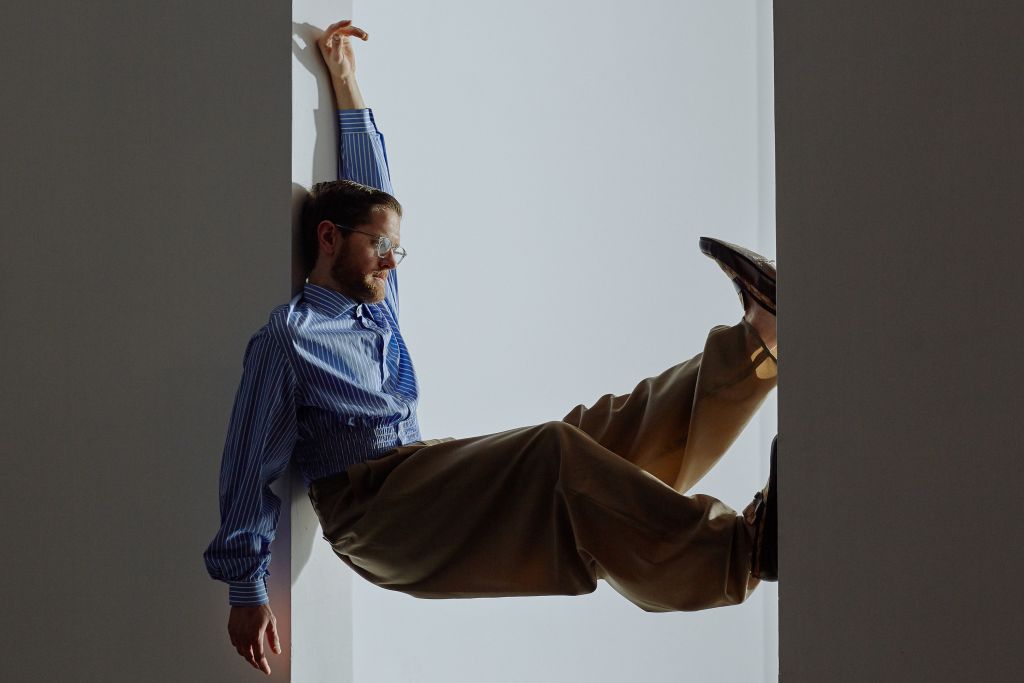
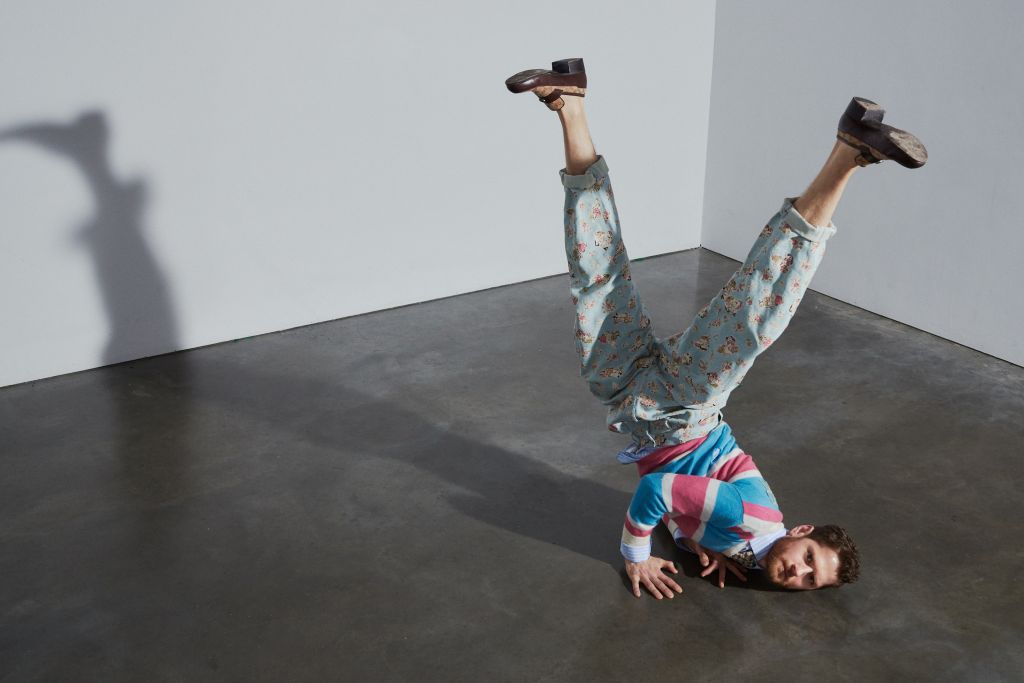
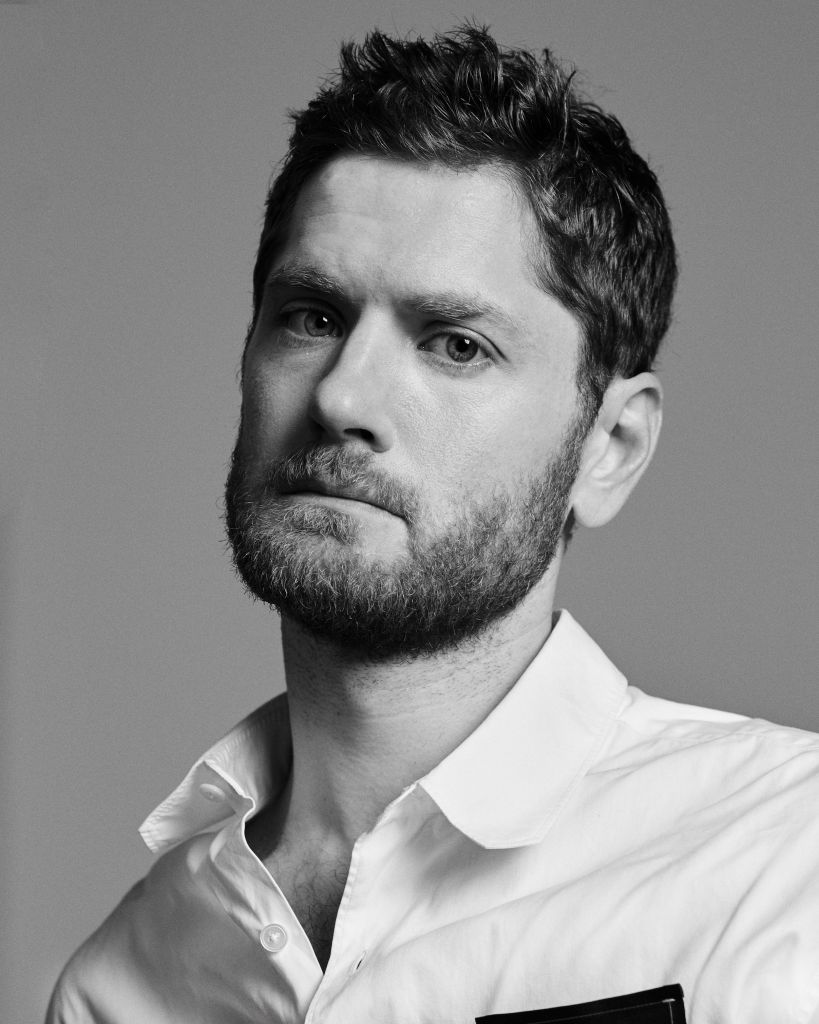
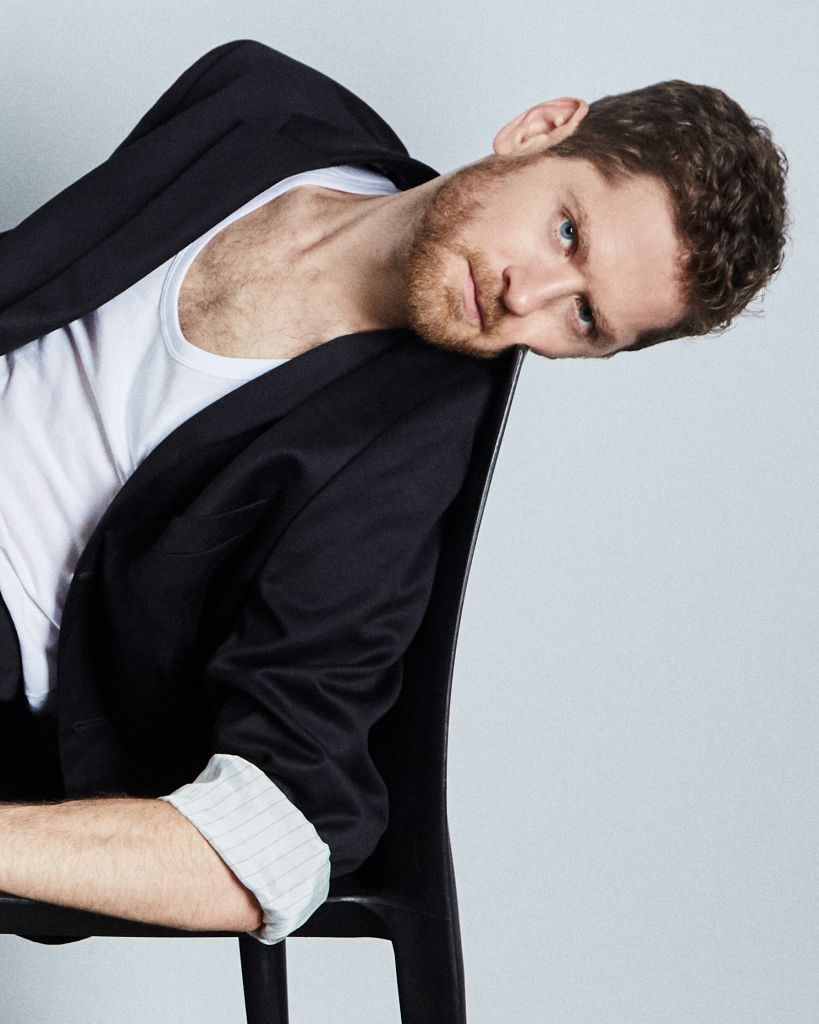
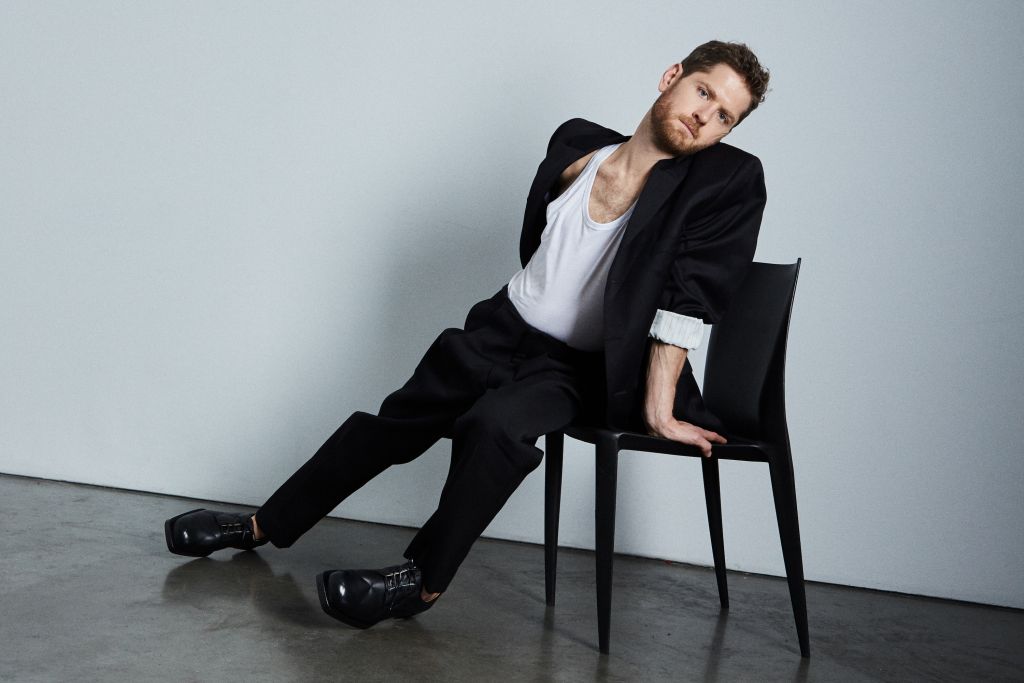
Discover More
